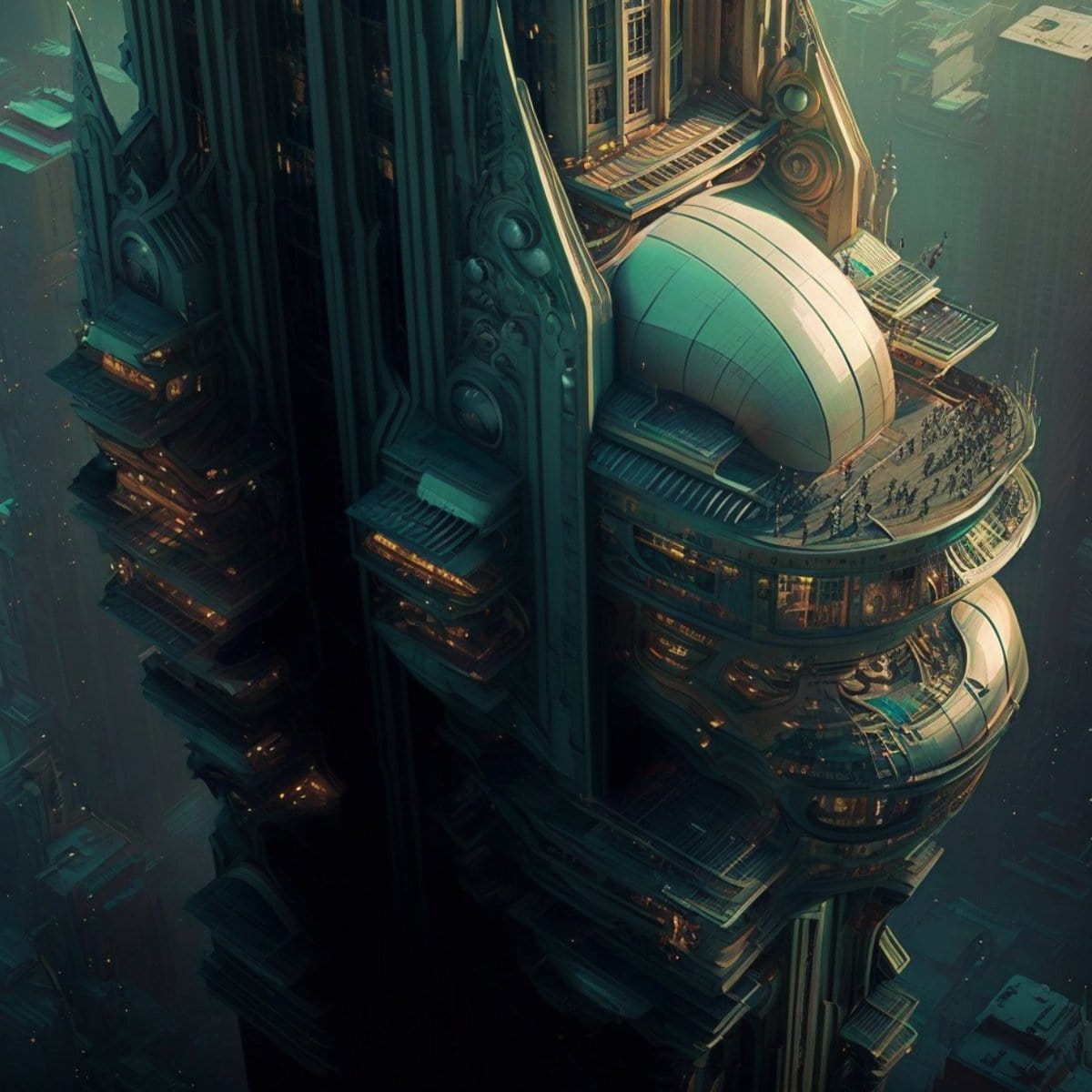While the future is always in flux, making it quite uncertain, we can safely say that there are specific directions we’re heading into. The future of cities will be quite different compared to what many people might be used to. In fact, it is widely believed that even smaller cities will expand and most of the population will be within a specific metropolis. This might mean several million people could live within the residential section of a city. 2050 is considered the big round number that we’re trying to think about the most. That is likely why you’ll always see the media discussing what cities will look like in 2050 more than any other year.
It is the closest of the big numbers, and many of us will likely still be alive by the time this year comes about. Whereas, most of us are unlikely to make it to the year 2100 when even greater advances are expected to be here. Most of what we’d like to show you about what cities will look like in 2050 are tough to find. That is why we used images developed through artificial intelligence specifically for this article. Now sit back and enjoy your trip to 2050, because you are going to see things that might surprise you.
Building Heights Will Be Much Higher

Many have been wondering if we’ll end up needing to have taller buildings to put people. As the future gets closer, the idea is that more people will end up living near or within city limits. That means most residential territories as well as work locations will need to be there. Obviously, you must have room for all of this and that might require having larger, taller buildings than ever before. Currently, the world’s tallest building is the Burj Khalifa in Dubai. While the building is often used to show off a lot of luxury Dubai now offers, the fact is that this building has multiple uses. Several people work here across a multitude of different fields. Dubai is actually ahead of the times, as this will likely become the norm worldwide. Yet buildings will more than likely end up much taller and wider than this place eventually.
